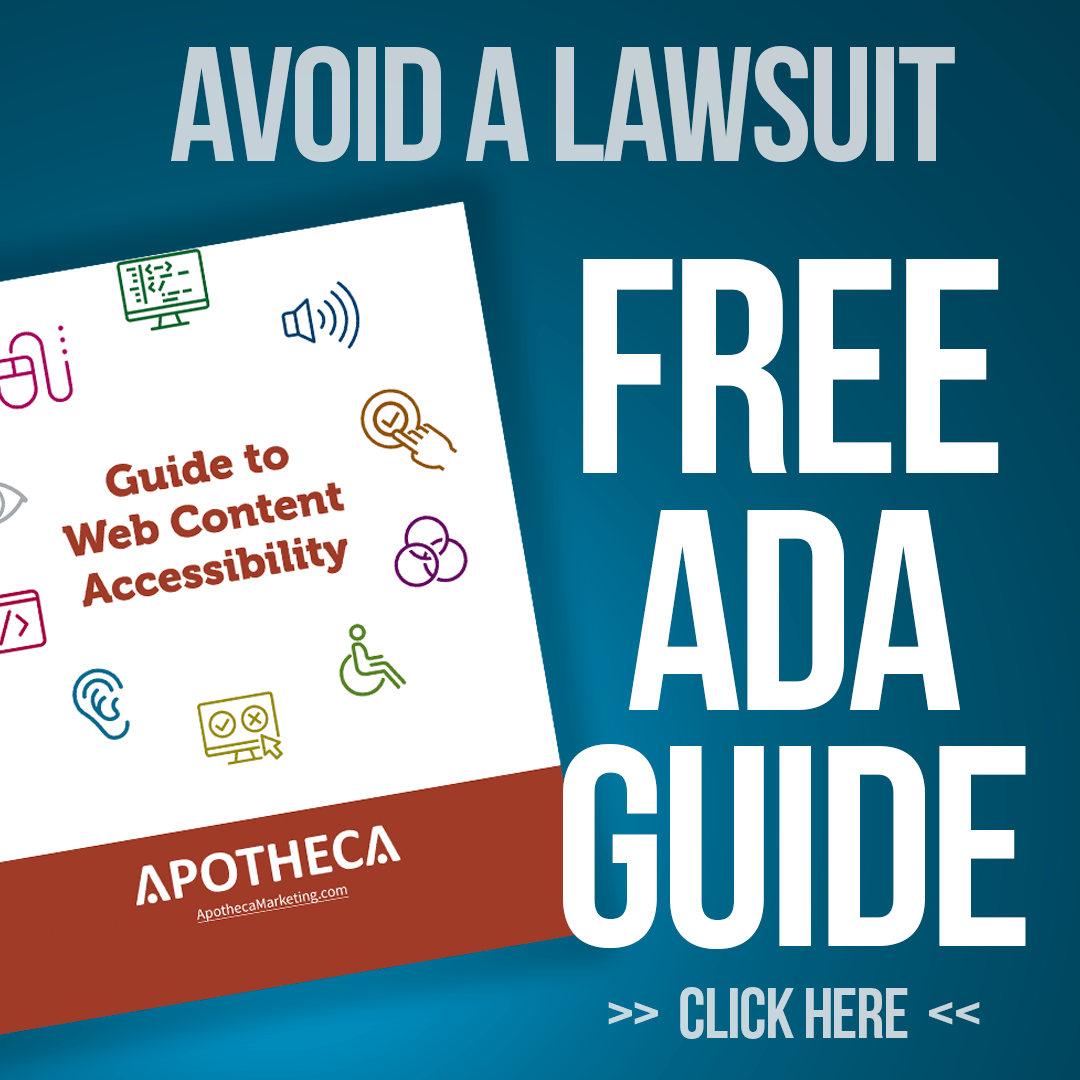10 Google Business Listing Mistakes That Impact Local SEO
Roy Bielewicz
Tips for improving your local SEO results.
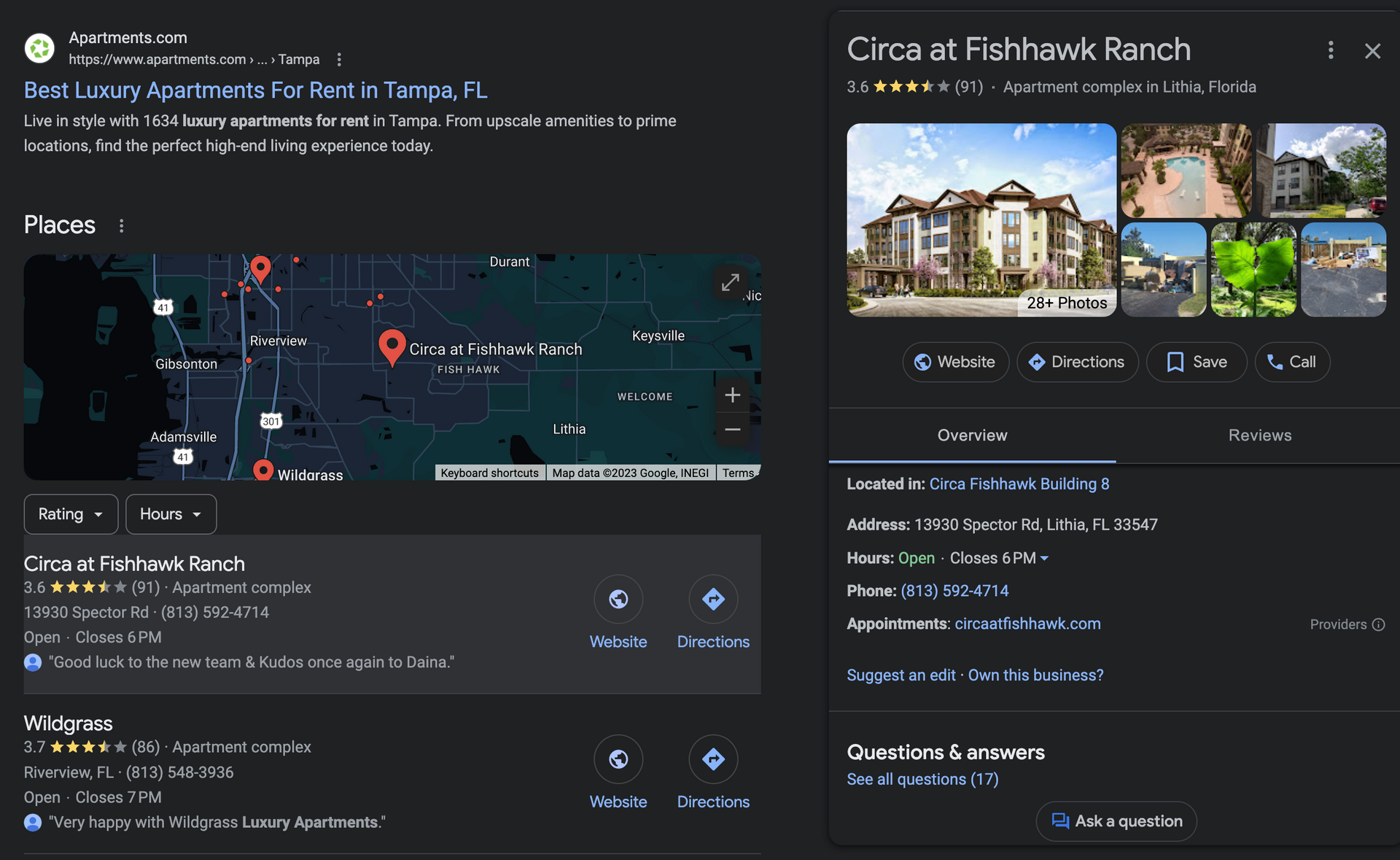
If your business depends on local customers or clients, your Google Business Profile (formerly Google Business Listing) is incredibly important. Not only does it provide important information about your business, such as hours of operation, your address, links to your website, scheduling, photos, and a list of services, it also enables customers to review your business. This information then informs the all important “map pack”, those listings on a map that you typically see when someone searches for “[your business service] near me”.
Companies often make several common mistakes when managing their Google Business Profile, which can negatively impact how they appear in the map pack, and whether or not their vital business information appears in a search. Let’s take a look at some of the most common.
1. Incomplete or Inaccurate Information
Neglecting to fully complete or accurately maintain your Google Business Profile can have significant negative consequences for your business, particularly in terms of attracting and retaining customers, as well as impacting your local search ranking.
Providing incomplete or inaccurate details, such as wrong addresses, outdated phone numbers, or incorrect business hours, can lead to a frustrating experience for potential customers. If customers cannot reach you or find your location due to incorrect information, it can lead to lost sales opportunities and damage your reputation.
Google prioritizes the accuracy and completeness of business information in its ranking algorithms. Incomplete profiles or inaccurate details can negatively impact your search ranking, making it harder for potential customers to find your business online.
Some service businesses might consider using services like UPS mailboxes to establish a local presence, particularly if their business is home-based. However, it's important to note that Google’s guidelines require that your business location be a place where you engage with customers. Using a mailbox service as your business address can lead to your listing being suspended since it does not represent a physical location where you meet with customers.
To ensure the effectiveness of your Google Business Profile:
- Regularly update your profile with accurate information, including address, contact details, business hours, and description.
- Use a Real Physical Location: Ensure that your listed address represents a physical location where you either serve customers (for SABs) or have a storefront. If you have a home-based business you can still list your address, but choose to keep it hidden in your listing results.
2. Inconsistency Across Listings
Having inconsistent information across different online platforms and directories (such as varying addresses, company name, or phone numbers) can negatively impact your local SEO.
Search engines like Google aim to provide the most accurate information to users. When they encounter varying information about a business, their trust in the accuracy of that data diminishes. This mistrust can result in lower search rankings, as search engines are less likely to prominently feature a business with inconsistent information.
To avoid these pitfalls, it's essential to audit and monitor your online presence regularly. Ensure that all your business information is up-to-date and consistent across all platforms, including your website, social media profiles, and online directories. Utilize tools that help manage local listings and check for inconsistencies periodically. Remember, in the world of local SEO, accuracy and consistency are key to ensuring your business is easily and correctly found by both search engines and potential customers.
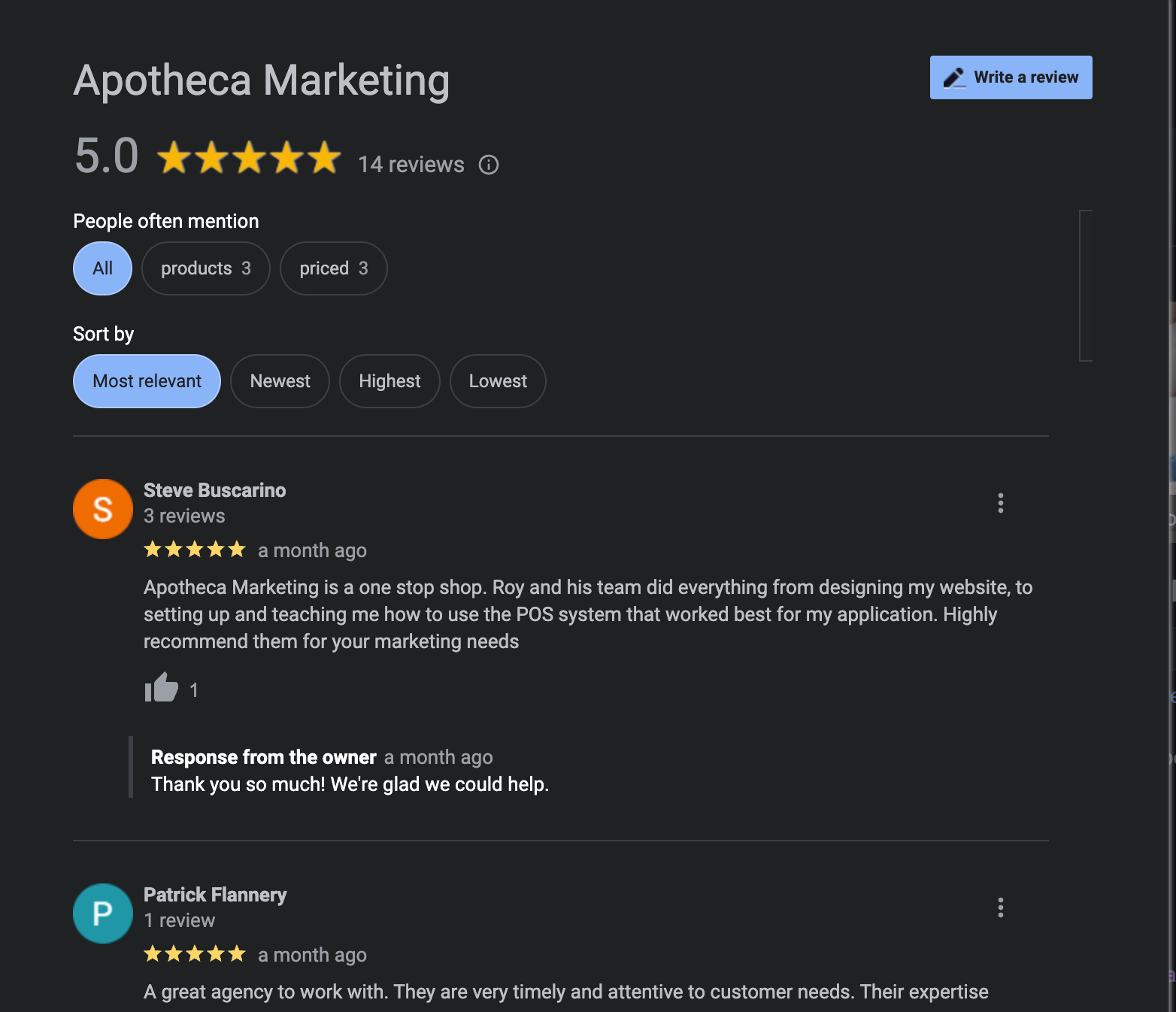
3. Ignoring Customer Reviews
Failing to respond to customer reviews, especially negative ones, can damage your reputation. Engaging with reviews, particularly negative ones, demonstrates that you are willing to address concerns and resolve issues. This builds trust with both the reviewer and potential customers reading the reviews. Ignoring them, on the other hand, can erode this trust.
And, importantly, Google uses review engagement as a factor when determining search rankings. Actively responding to reviews can help to improve your local SEO, making your business more visible in search results.
To leverage reviews effectively, it’s important to:
- Monitor Reviews Regularly: Use tools to keep track of when your business receives a review so you can respond in a timely manner.
- Respond Professionally: Whether the review is positive or negative, respond professionally. Thank customers for positive reviews and address any concerns raised in negative reviews diplomatically.
- Take Action: If a review highlights a legitimate issue, take action to resolve it and inform the reviewer of any changes made.
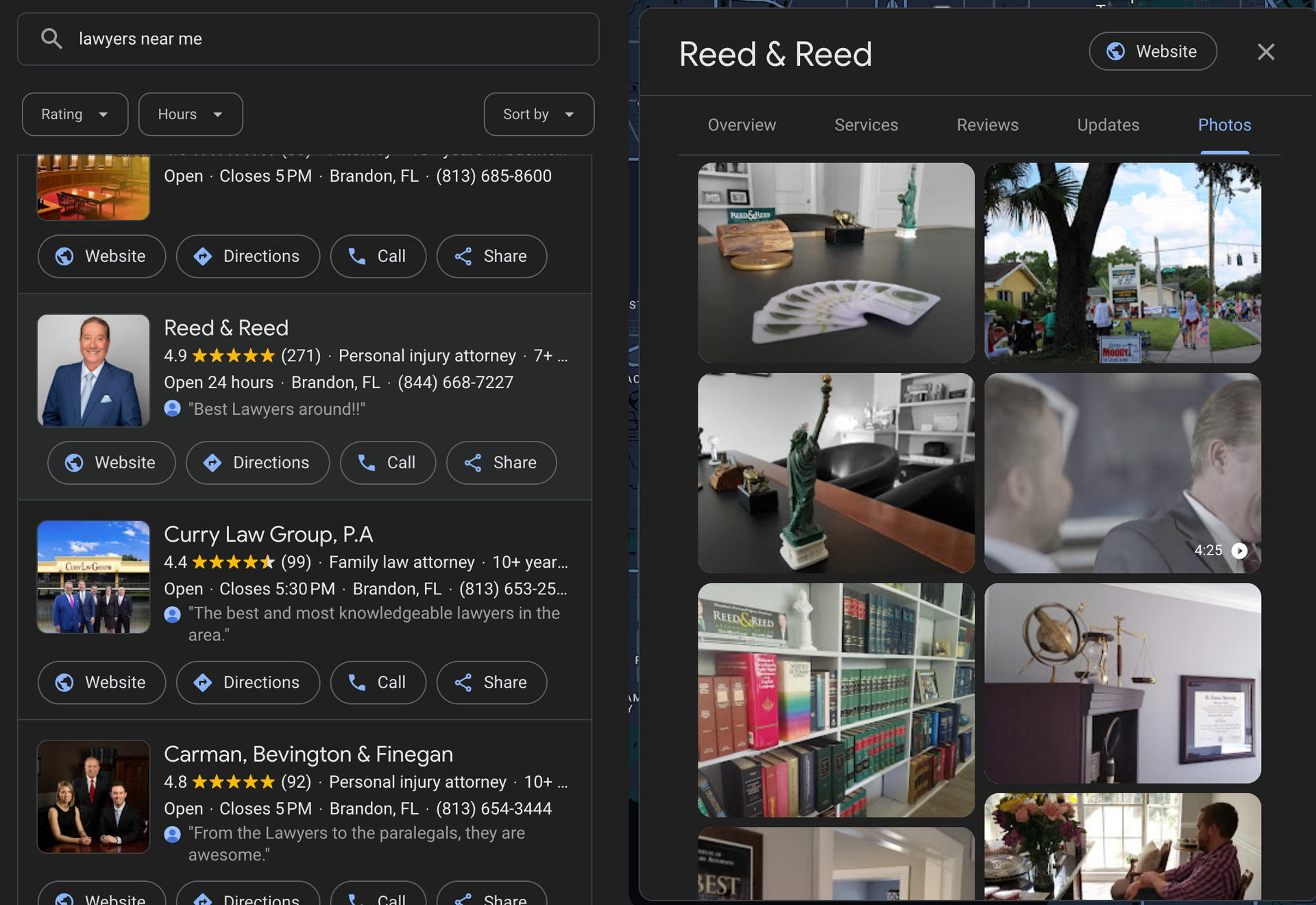
4 Not Using Photos or Using Low-Quality Images
Remember that photos often provide the first impression of your business to potential customers. High-quality images can make your listing more attractive and inviting, while poor-quality photos may lead to a negative first impression, deterring potential customers.
Another important consideration is that visual content tends to engage users more effectively than text alone, so high-quality photos can capture the attention of potential customers, encouraging them to explore your listing further and ultimately, make a decision to visit your business or website.
Photos also provide an opportunity to showcase your products, services, the atmosphere of your physical location, and your team. This can help customers understand what to expect, making them more likely to choose your business over competitors.
And of course, unique photos (not stock) can also help to contribute to improving your rankings in local search results.
To make the most out of your photos:
- Invest in Professional Photography: If possible, hire a professional photographer to ensure high-quality results.
- Keep Photos Updated: Regularly update your photos to reflect any changes in your business, such as new products or renovations.
- Use a Variety: Include a mix of photos showcasing different aspects of your business, including the exterior and interior, products, staff, and even happy customers (with their permission).
- Optimize for Web: Ensure that images are optimized for the web to load quickly without compromising quality.
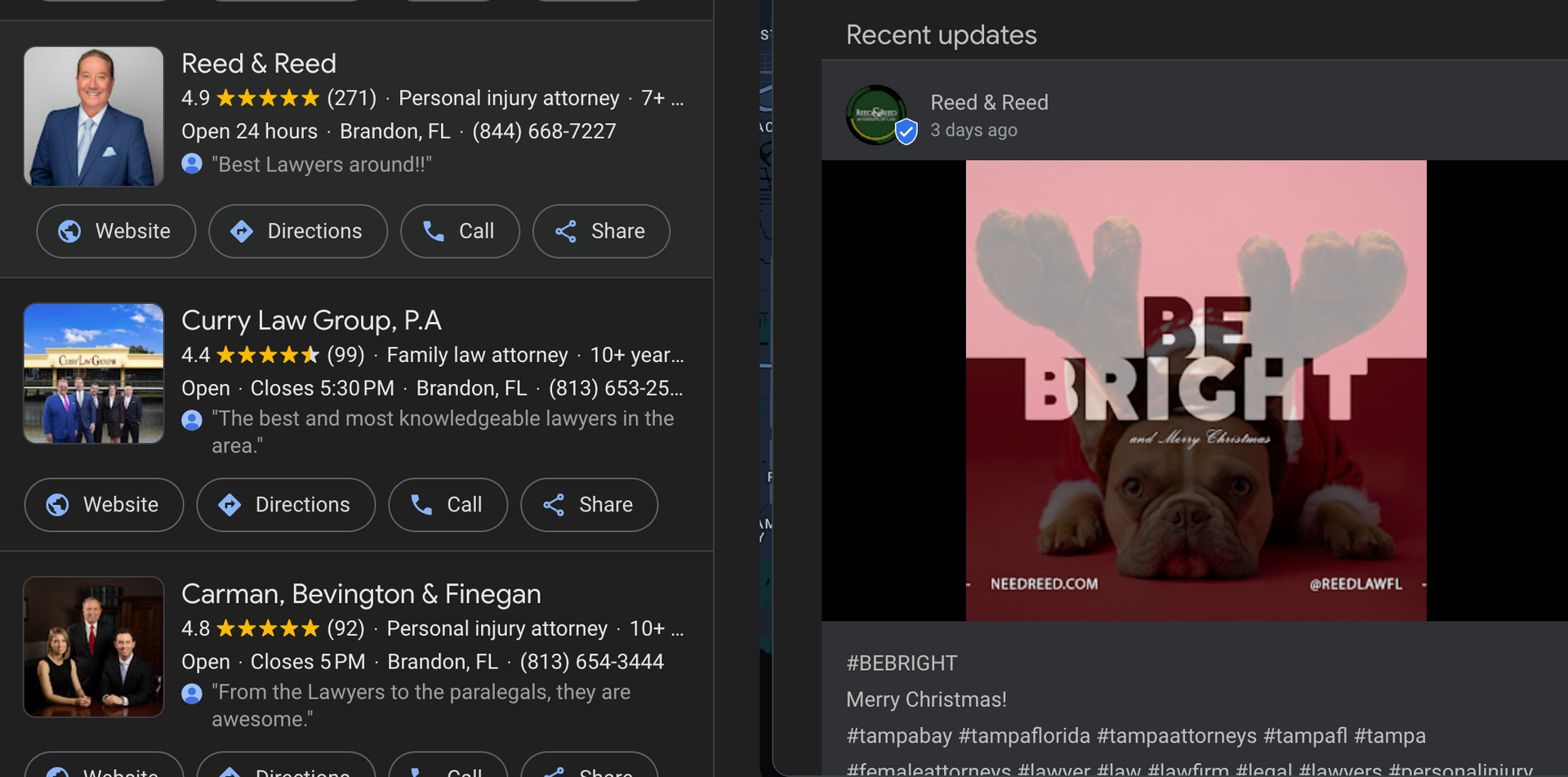
5 Neglecting to Post Updates or Offers
Not using the posting feature on Google Business to share updates, offers, or events can result in missed opportunities to engage with your audience and keep them informed.
Staying actively engaged with your audience is key to maintaining relevance and visibility. One often-overlooked tool in this regard is the posting feature on Google Business Profile. By neglecting to use this feature to share updates, offers, news, or events, businesses miss out on a valuable opportunity to connect with their audience and keep them informed about the latest happenings.
And keep in mind that Google's algorithms favor active and updated listings. By regularly posting updates or offers, you signal to Google that your business is active and relevant, which can positively affect your visibility in local search results.
To maximize the potential of Google Posts:
- Maintain a Regular Posting Schedule: Consistency is key. Develop a schedule for posting updates to keep your audience engaged and informed.
- Highlight Special Promotions and Offers: Use posts to highlight sales, special offers, or unique products and services.
- Share News and Events: Keep your customers informed about any events, new product launches, or important news related to your business.
- Monitor and Respond to Engagement: Pay attention to how users interact with your posts and respond to comments to foster a community feel.
- Analyze Post Performance: Use Google’s insights to understand how your posts are performing and adjust your strategy accordingly.
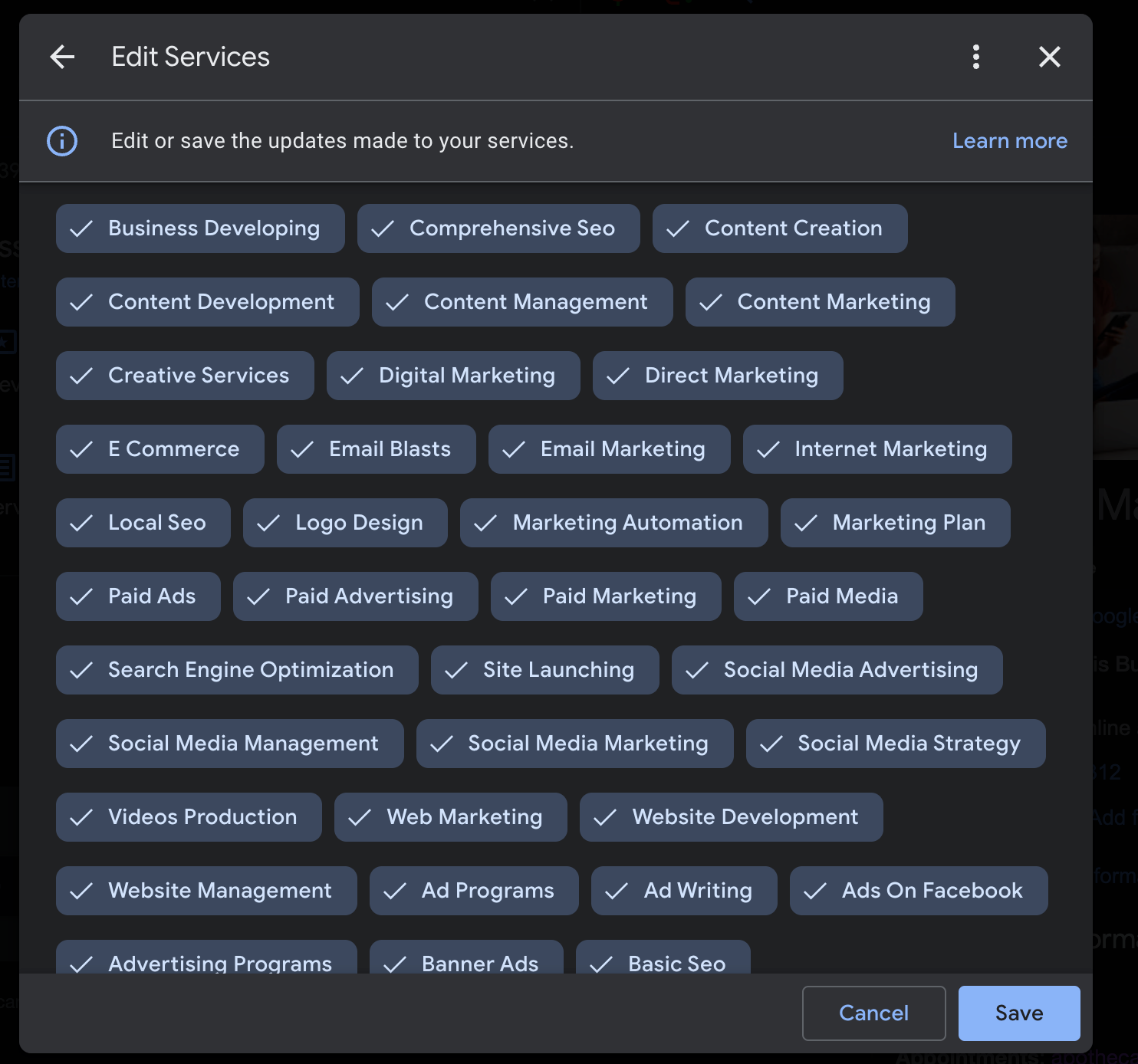
6. Overlooking Categories and Attributes
This one is pretty straight forward, but not correctly categorizing your business or ignoring the attributes section can make your business less discoverable for specific searches relevant to your offerings.
7. Keyword Stuffing in Business Name
Adding unnecessary keywords to your business name in the listing, which is against Google’s guidelines, can lead to penalties or suspension of your listing.
The practice of keyword stuffing, specifically in the context of a Google Business Profile, refers to the inclusion of excessive or irrelevant keywords in the business name. This strategy, often employed with the intent of improving search visibility, is not only ineffective but also violates Google's guidelines and can lead to serious consequences.
Google's guidelines clearly state that the business name on your profile should reflect your business's real-world name, as used on your storefront, website, and as known to customers. Adding extra keywords that are not part of your official business name is considered misleading and manipulative.
Google actively monitors for such practices and may penalize businesses that violate these guidelines. Penalties can range from a decrease in search ranking to the suspension of the listing altogether. A suspended listing can be detrimental to your online presence and visibility, effectively cutting off a major channel of online customer acquisition.
To optimize your Google Business Profile effectively:
- Use Your Actual Business Name: Ensure that the name on your profile matches the name you use in the real world.
- Focus on Other SEO Best Practices: Instead of keyword stuffing, focus on other aspects of SEO, such as optimizing your business description, posting regular updates, and collecting genuine customer reviews.
- Keep Information Accurate and Relevant: Make sure all information in your profile is accurate, relevant, and provides value to potential customers.
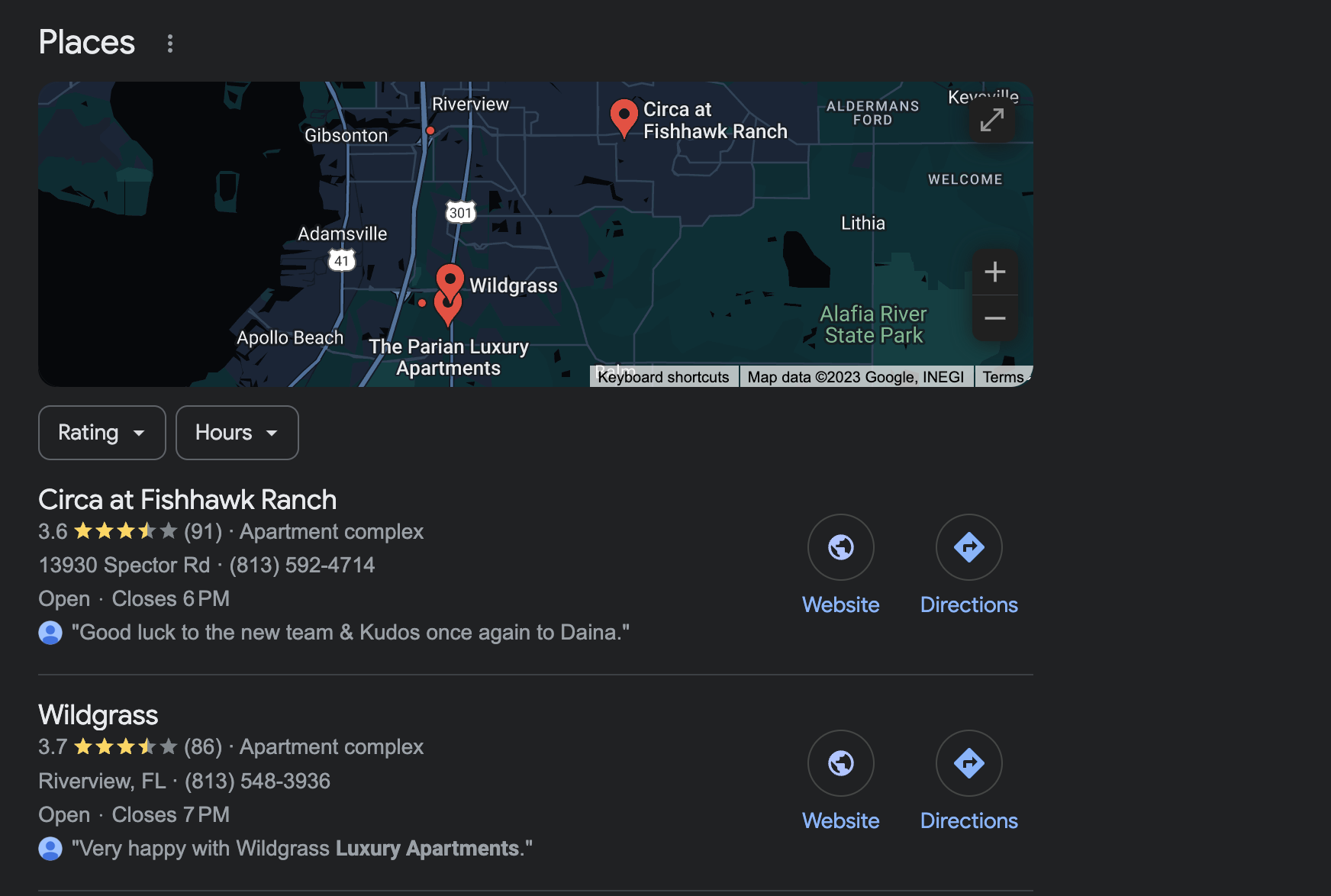
8. Buying/Incentivising Positive Reviews
It’s okay to ask for reviews, and you should be! But it’s against Google’s policies to ask for, pay for, or otherwise incentivize someone to give you positive reviews. And it’s not just Google’s policy, it is actually against the law to pay for reviews. The Federal Trade Commission (FTC) has made it clear that paying for, incentivizing, or pressuring customers to leave positive reviews can land you legal trouble.
This includes things like:
Promising a discount in return for a five star rating- Monetary compensation for a five star rating
- Discounts or money to change a rating to a higher one
9. Review Gating
Similar to buying reviews, review gating is when a company only seeks positive reviews, thus skewing the review results. In other words, only seeking reviews from people who you think will leave a positive review is review gating. And as with buying reviews, review gating is also against FTC policies as well as Google’s.
Oh, and this includes getting your friends, family, and employees to leave only positive reviews. That too is a no-no that can lead to your listing being removed.
10. Not Asking for Reviews
Just because you can pay for, or only ask for positive reviews, doesn’t mean that you can’t ask for reviews in general. Asking for honest reviews should be part of your everyday process. That can include follow up emails or messaging to customers asking for a review, signage and QR codes at your business that lead to your Google review link, cards and handouts that encourage reviews, etc.
It’s absolutely ok to ask for a review, you just can’t ask only people you think will give you positive reviews, or incentivizing the review.
Summary
Avoiding these mistakes can greatly enhance the effectiveness of your Google Business listing, improving your visibility in local searches and ultimately attracting more customers.
Contact Us


